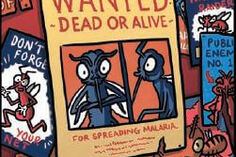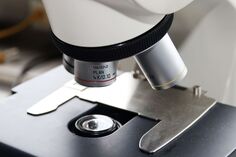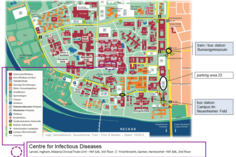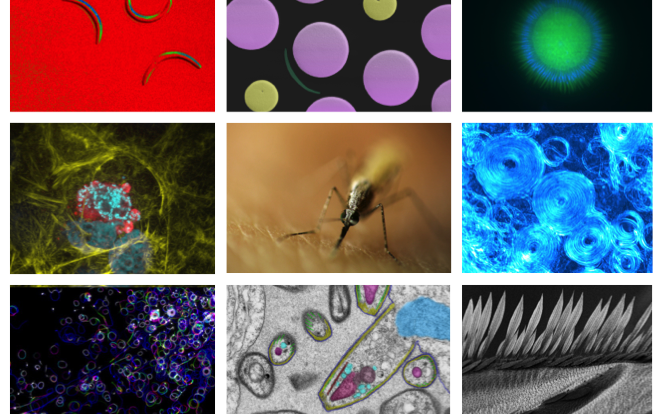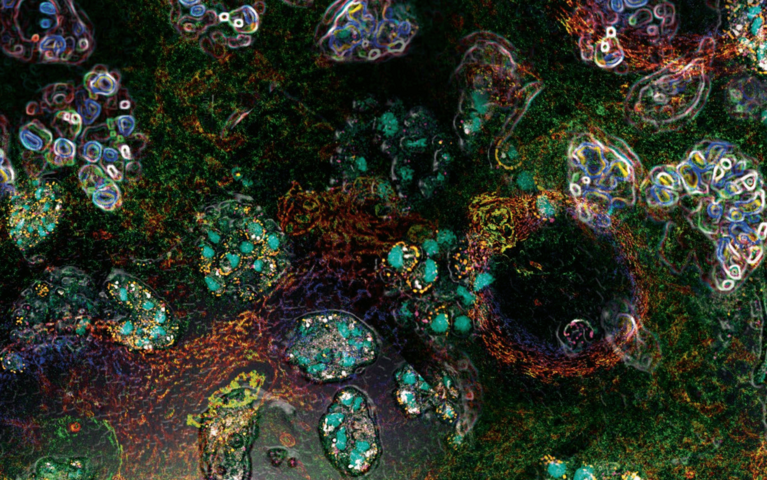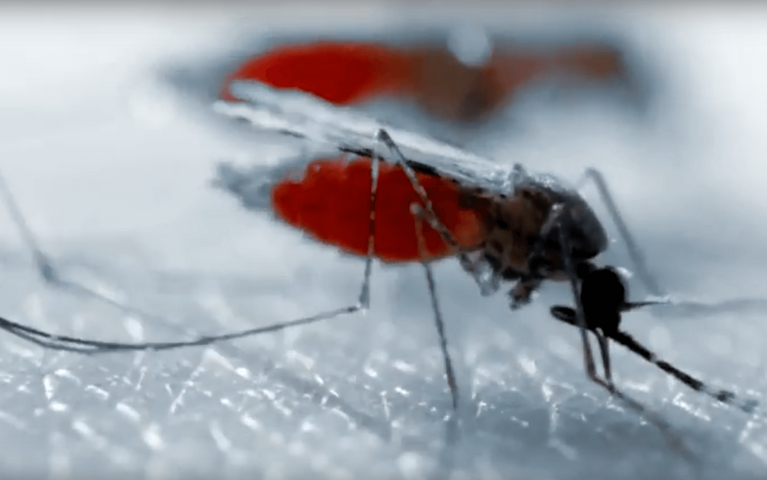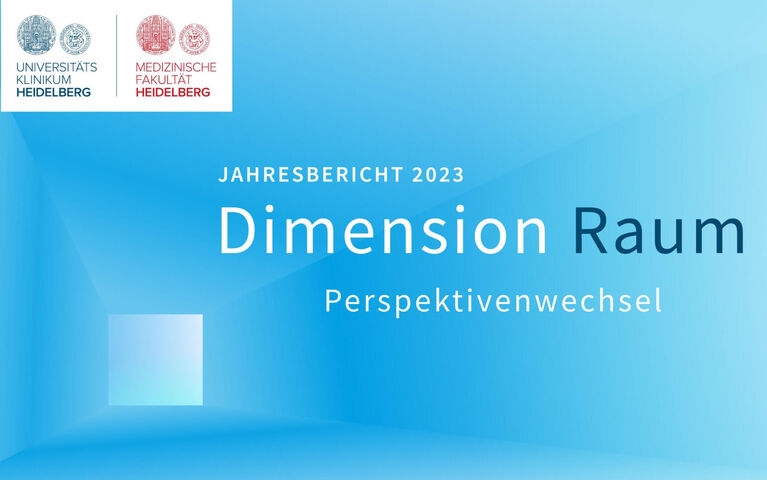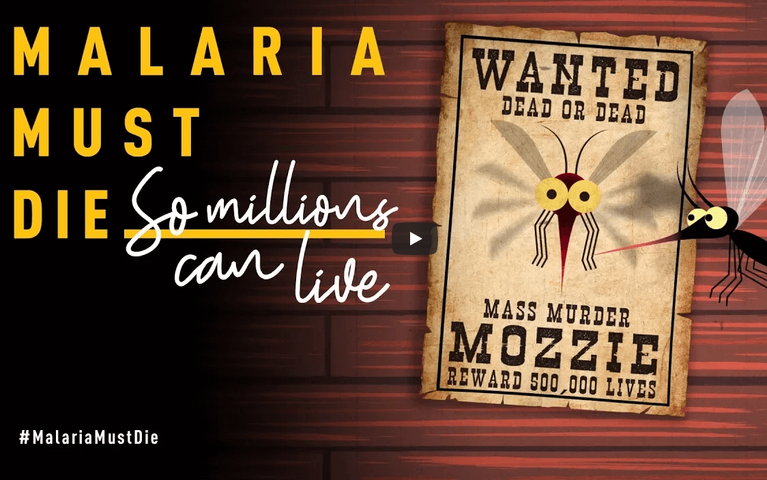Welcome to the Parasitology Unit at the Centre for Infectious Diseases

Parasitology is a science at the heart of clinical medicine, epidemiology, immunology, molecular biology and biochemistry.
It deals with some of the most important infectious diseases of mankind.
Parasitology has the potential to help us understand questions regarding the complexity of life and the interactions between different species.
Parasitology may provide the tools to alleviate the suffering of millions of people stricken by parasites.
Prof. Michael Lanzer, Ph. D.
Current Highlights (for further info see our News section)
Radio interview with F. Frischknecht
(25 June 2025)

For the Swiss radio station Kontrafunk, our group leader Prof Freddy Frischknecht spoke to presenter Corinna Zigerli on the subject of ‘Parasites from a conventional medical perspective’. Although many people are affected, very few people know anything about them: Parasites. Freddy explains.
Rudolphi Medal for F. Hentzschel
(14 March 2025)

We are delighted to announce that our group leader Dr Franziska Hentzschel is the winner of this year's Karl Asmund Rudolphi Medal, awarded by the German Society of Parasitology (DGP). The medal was presented to her for her outstanding scientific achievements in the field of parasitology at the joint spring conference of the DGP, the British Society of Parasitology and the Swiss Society of Tropical Medicine and Parasitology, which took place in Würzburg from 11-14 March.
Congratulations!
Interview with M. Ganter
(25 February 2025)
As part of the joint programme ‘Survival Strategies’ between the life science research networks at Heidelberg University and Rhein-Neckar-Fernsehen (RNF), two group leaders from our centre were interviewed on behalf of the Collaborative Research Centre 1129: Frauke Mücksch (Virology) and Markus Ganter from our department. A very informative interview on viruses and parasites, which we recommend without reservation - just like the other interviews in the series, of course.

